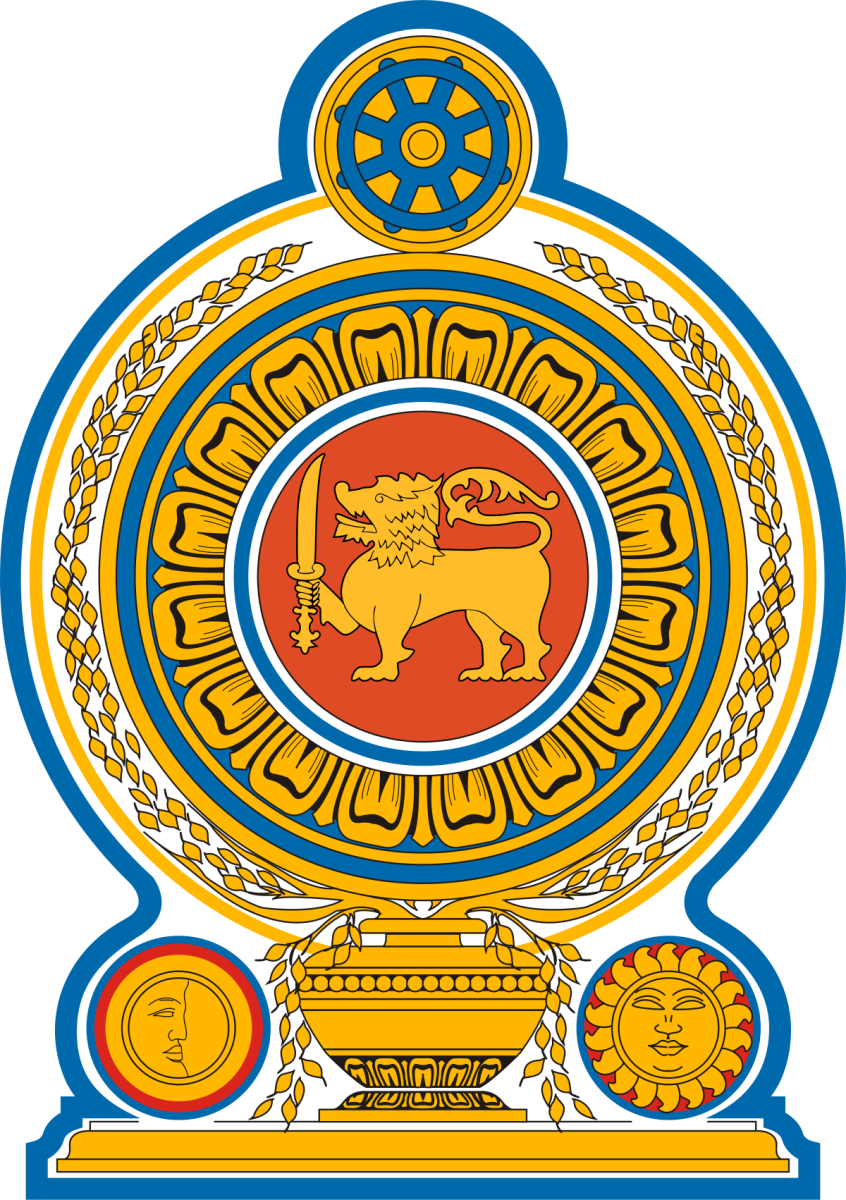
Statement by H.E. Jayantha Jayasuriya, Ambassador and Permanent Representative of Sri Lanka to the United Nations
Fourth Committee: Agenda Item 50- Israeli practices and settlement activities affecting the rights of the Palestinian people and other Arabs of the occupied territories:
80th Session of the United Nations General Assembly: 17 November 2025
Mr. Chair,
I thank you for giving me the floor. Sri Lanka aligns itself with the statements delivered by the distinguished representatives of Uganda on behalf of the Non-Aligned Movement, and of Cuba on behalf of the Group of 77 and China.
The suffering of the Palestinian people, and of other Arabs, stands as one of the gravest humanitarian tragedies of our time. It is a crisis that demands not just our sympathy, but a test of our collective conscience.
For decades, Palestinians have been stripped of their right to life in their own homeland. Today, the situation has reached an unspeakable scale. What we are witnessing in Gaza is not the collateral damage of conflict, but the collapse of humanity itself.
Following the mayhem we witnessed for last two years, today the people in Gaza can have some breathing space due to the agreement reached on the initial phase of the ceasefire in Gaza on 10 October, following extensive efforts led by the United States of America, assisted and mediated by the Arab Republic of Egypt, the State of Qatar, the Republic of Türkiye, along with many other countries. While highlighting the importance of enduring peace in Gaza, as a nation that suffered from a conflict for over three decades, we urge all parties concerned to hold on to this initial phase of ceasefire to restore peace and stability in Gaza.
Mr. Chair,
Sri Lanka has continued to express its grave concern at the continuing violence in the Middle East and the ceaseless attacks against civilians in Gaza. The immense loss of civilian lives, the destruction and suffering caused over the past few years is unacceptable and unjustifiable. Such horrendous attacks should never happen.
As stated by H.E. the President of Sri Lanka in his statement to the UNGA, Gaza has been turned into an open prison full of pain and suffering. The time has come for the international community move beyond being a mere spectator and to act decisively to end the suffering of millions.
Entire neighborhoods have been destroyed. Thousands of women and children have been killed, and thousands more still lie beneath the ruins. Civilian infrastructure - homes, schools, hospitals, and shelters - has been reduced to rubble. More than two-thirds of Gaza’s infrastructure has been destroyed.
Aid convoys have been attacked; humanitarian workers, journalists, and medical personnel have been killed in the line of duty. Even during the hard-earned ceasefire, violence continues. Hunger, disease, and fear have become daily realities.
Mr. Chair,
The violence has not been confined to Gaza. Across the West Bank and East Jerusalem, settler attacks, mass arrests, and demolitions have reached levels never seen. Settlements continue to expand across occupied territory - in defiance of international law, Security Council resolutions, and the repeated calls of the international community.
Recent months have also seen an alarming rise in settler and military violence across the West Bank, with thousands of incidents reported and new settlement plans advancing at a record pace. New legislation and policies have sought to expand control over the West Bank and East Jerusalem. We also recall in this regard the recent advisory opinions delivered by the International Court of Justice.
Mr. Chair,
Humanitarian access remains severely restricted, with United Nations officials warning that aid delivery and reconstruction efforts continue to face systematic obstruction.
We have also witnessed the dangerous weaponization of technology. It is reported that Artificial intelligence and advanced surveillance tools have been used to target civilians. Such practices raise deep ethical questions and set dangerous precedents.
We reiterate our call for an immediate, unconditional, and permanent ceasefire in Gaza, and strict adherence to it, the release of hostages and detainees on both sides, and the uninterrupted humanitarian access for the people who are dying of hunger in Gaza. It is absolutely necessary that UNRWA is able to continue its mandated and essential humanitarian work in the occupied Palestinian territories without any obstacle.
Mr. Chair,
We reiterate our commitment to a just, lasting, comprehensive and peaceful solution to the question of Palestine and call for renewed efforts to restore political dialogue and meaningful negotiations toward a two-State solution based on the 1967 borders.
We reiterate our support for Palestine's full membership in the United Nations. We welcome the growing recognition of the State of Palestine by Member States around the world, and the adoption of the New York Declaration on the Peaceful Settlement of the Question of Palestine in September this year. Each new act of recognition brings the world one step closer to the realization of a just and lasting peace.
Mr. Chair,
History will not only judge us by the resolutions we adopt, but by the lives we save too. We need to be honest with ourselves. The world has failed the Palestinian people too many times. We cannot allow it to happen again. The cost of inaction is not only borne by Palestinians; it is borne by all who uphold the rule of law, human rights, and the very purpose of the United Nations.
Let us be guided by the simple truth that peace cannot be achieved by violence and oppression. Lasting peace will emerge only when justice is restored; when the Palestinian people can live in equality and freedom among the nations of the world.
I thank you, Mr. Chair.


